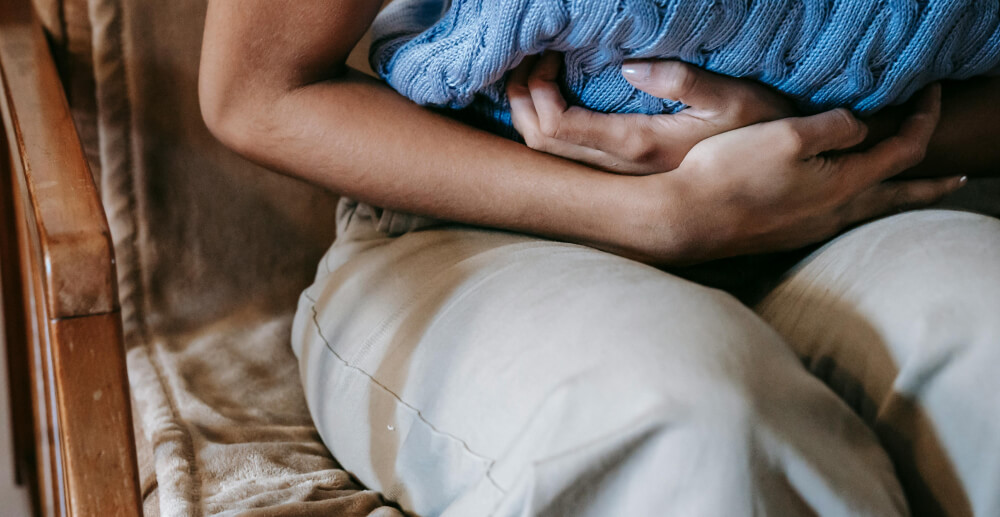Across the country, you can turn in unwanted prescription medication for safe, anonymous disposal.
90 Americans die each day from opioid overdose. If you’re in recovery or thinking of quitting, Drug Take Back Day on October 27th is the perfect time to ditch the drugs and ensure your home is a temptation-free zone.
Here’s what you need to know:
1. Find your local #drugtakebackday sites here: https://takebackday.dea.gov/ and ditch prescription drugs.
Prescription opioids are powerful drugs that don’t belong next to aspirin in our medicine cabinets. 80% of people who misuse prescription opioids get them from friends or family members, and this is especially true for users 18-25 years old. 4-6% of people who misuse prescription drugs transition to heroin. Each year, Drug Take Back Day focuses on getting those often-misused pills off of bathroom shelves.
Local to Michigan?
If you’re a Michigander ready to clean out your medicine cabinet, Michigan’s Opioid Prescription Engagement Network has listings of all sites participating in Drug Take Back Day.
In California?
In the Bay Area, many local police departments will be participating in drug take back day. But if you can’t make it this weekend, the Baykeeper has a list of drop-off sites always available.
2. Ditch what #drugtakebackday won’t accept.
Drug Take Back programs won’t accept illicit drugs or needles. But if you’re ready to quit, you might still have those items on hand. At Workit Health, we call drugs (illegal or otherwise) and their paraphernalia “bait.” So how can you ditch the bait in a way that’s safe for you (gets rid of temptation), and safe for the environment (won’t end up in the water supply, or someone else’s hands)? Here’s what the FDA recommends:
There are two ways to dispose of medicine, depending on the drug.
Disposing medicines in household trash:
Almost all medicines can be thrown into your household trash, after taking a few steps. These include prescription and over-the-counter (OTC) drugs in pills, liquids, drops, patches, creams, and inhalers.
Follow these steps:
-
Remove the drugs from their original containers and mix them with something undesirable, such as used coffee grounds, dirt, or cat litter. This makes the medicine less appealing to children and pets, and unrecognizable to someone who might intentionally go through the trash looking for drugs.
-
Put the mixture in something you can close (a re-sealable zipper storage bag, empty can, or other container) to prevent the drug from leaking or spilling out.
-
Throw the container in the garbage.
-
Scratch out all your personal information on the empty medicine packaging to protect your identity and privacy. Throw the packaging away separately.
Disposing of Fentanyl Patches:
Some prescription drugs—such as powerful narcotic pain medicines and other controlled substances—have instructions for flushing to reduce the danger of overdose from unintentional or illegal use.
One example is the fentanyl patch. This adhesive patch delivers a strong pain medicine through the skin. Even after a patch is used, a lot of the medicine remains. That’s why the drug comes with instructions to flush used or leftover patches.
But what about the danger to the water supply? “The main way drug residues enter water systems is by people taking medicines and then naturally passing them through their bodies,” says Raanan Bloom, Ph.D., an environmental assessment expert at the FDA. “Many drugs are not completely absorbed or metabolized by the body and can enter the environment after passing through wastewater treatment plants.”
Want more information on getting rid of inhalers, needles, or other drugs? The FDA has all of it.
3. Not ready to ditch unused prescription drugs?
Not sure you’re ready to ditch the bait? Get help with your hang-ups in an exercise unlocked from the Workit Health program just for you: Mindset Lockdown can help you explore why you want to hang on to substances. It also offers steps on how to make your home a safer place for your recovery.
If heading to a sheriff’s office doesn’t sound appealing, you can find permanent medication disposal sites with the National Association Board of Pharmacy’s Drug Disposal Locator. Call a friend or family member for help if you aren’t sure you have the willpower to dispose of medications yourself. Whether or not you participate in Drug Take Back Day on Saturday, remember you can always ditch the drugs and start taking your life back.








